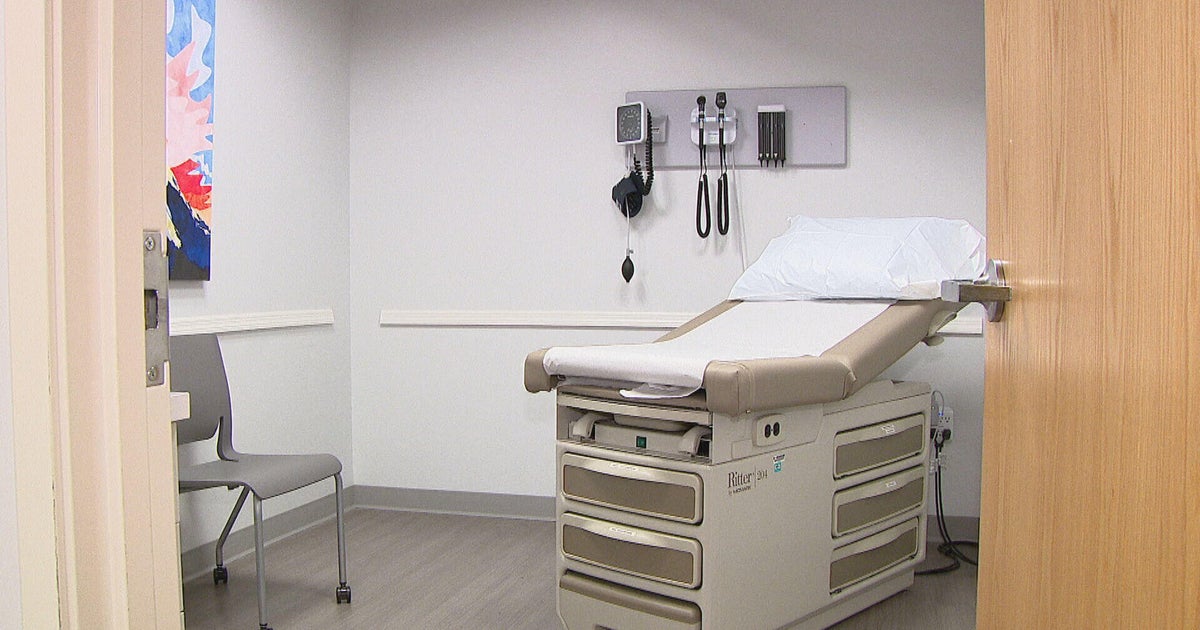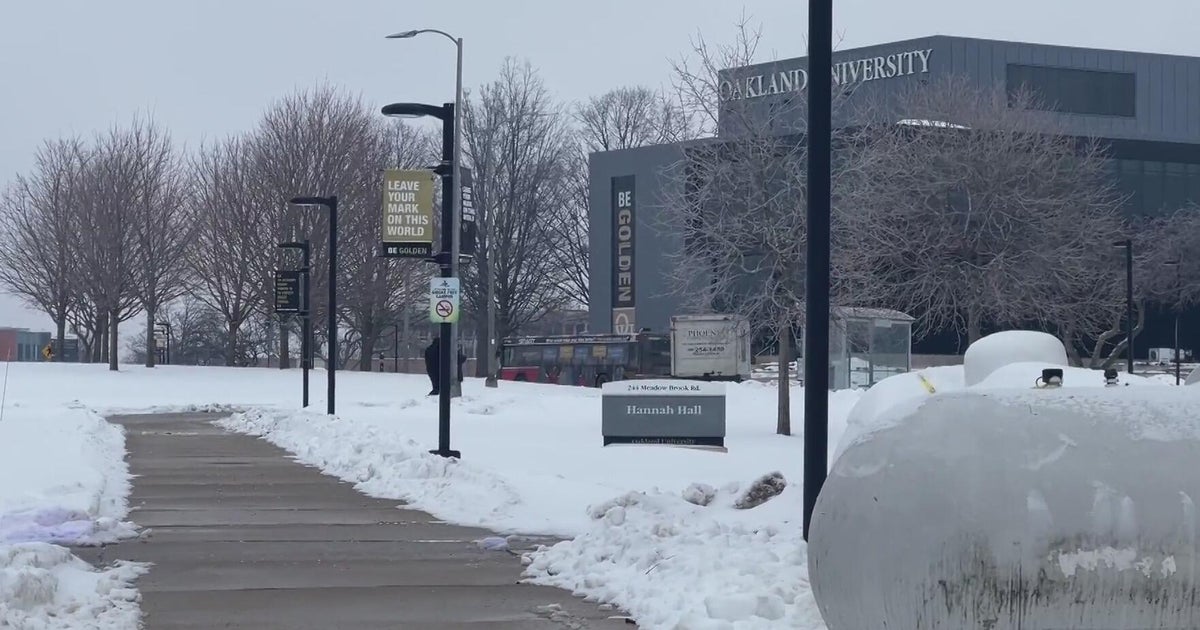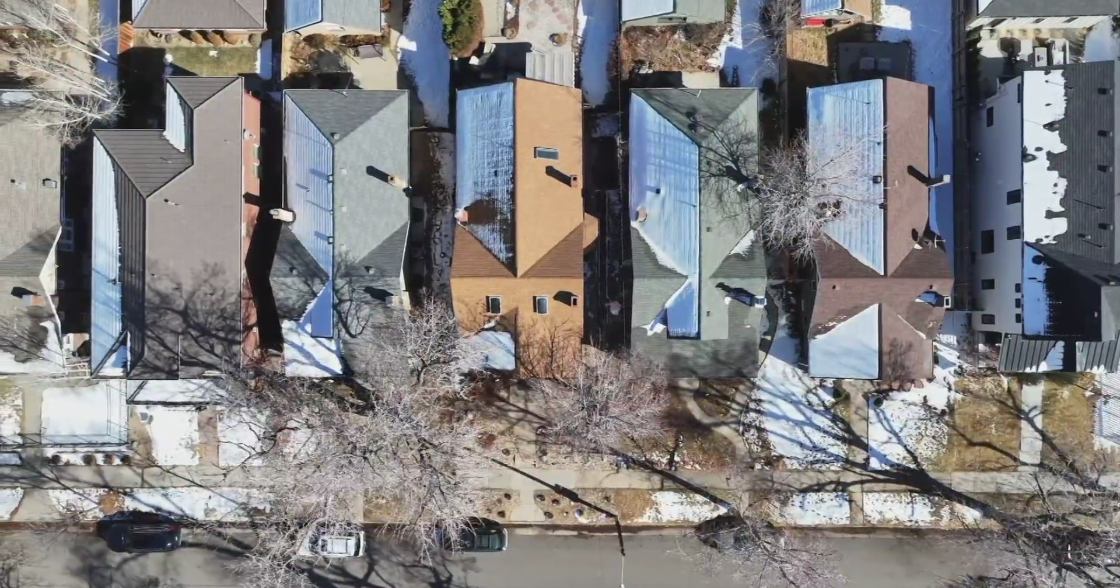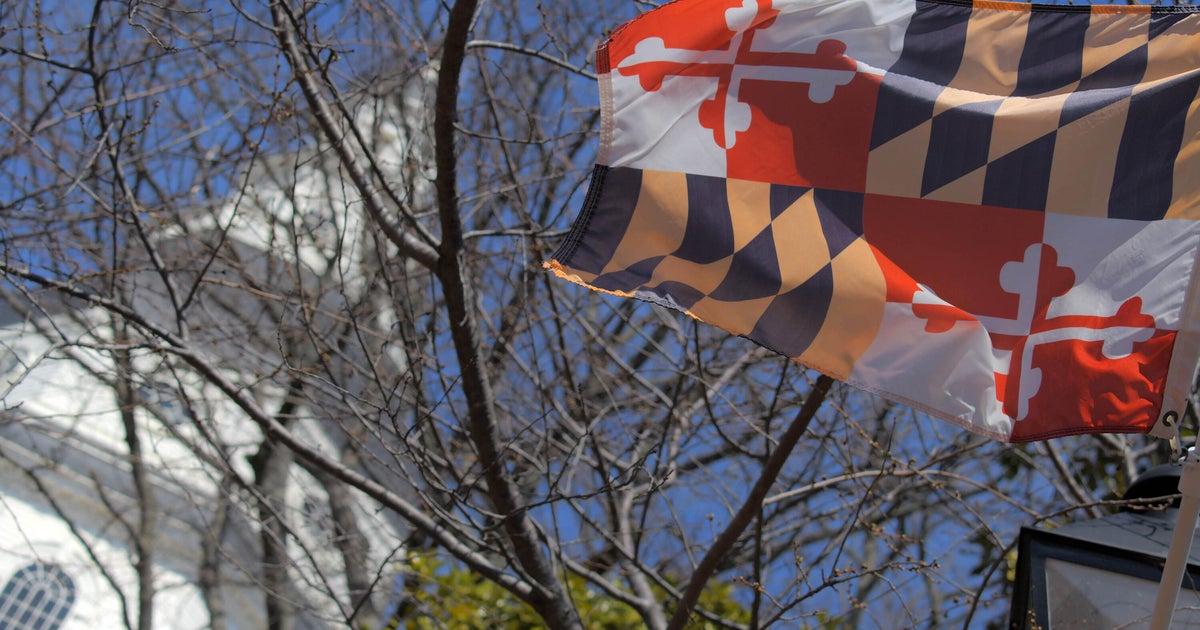Doctors Concerned New Omicron Variant Could Spread More Easily Than Other Strains
(CBS4) -- Health professionals around the world have growing concerns about the new COVID-19 variant, now being identified as the Omicron strain, because they say it might be more transmissible than other variants.
"It is something that has emerged in South Africa and is spreading at a reasonably rapid rate," said Dr. Anthony Fauci on Friday to CNN.
The Omicron variant, which was detected in early November, has not been found in Colorado yet, or even the United States.
"This variant has a large number of mutations and the concern is when you have so many mutations it can have an impact on how the virus behaves," said Maria Van Kerkhove with the World Health Organization.
On Friday, the Colorado Department of Public Health and Environment told CBS4 its laboratory and other private laboratories are continuing to conduct genetic sequencing on human samples that are positive for COCID-19-- to track the different variants entering our state.
Colorado family clinic Dr. Hector Frisbie said new variants of the virus are expected to occur.
"Mutations in viruses are not intentional, they're random and sometimes this random bed can hit the Powerball and boom, we have the variant, which is infecting more people in a more effective way in a shorter period of time," Frisbie said.
Frisbie said the best way Coloradans can continue fighting off any variant is by getting vaccinated.
"Always these mutations, and these variants, are happening in unvaccinated people," said Frisbie. "And that's why the vaccination is not only protecting the person that is getting the vaccine but it's protecting the community."
Several health professionals told CBS4 it's too early to say how Omicron is going to impact Colorado, but of course, they're advising the community to stay vigilant.
A spokesperson with CDPHE said the community should continue to get vaccinated, saying in part, "Vaccines are the safest, most effective way to slow the spread of COVID-19 and its variants, as well as help avoid the worst outcomes -- severe illness, hospitalization, and death -- among those who do become infected."
CDPHE also encourages all Coloradans age 18 and up to get a booster dose as soon as possible if it has been at least six months since they got their second dose of Pfizer or Moderna, or at least two months since they got the Johnson & Johnson vaccine.








